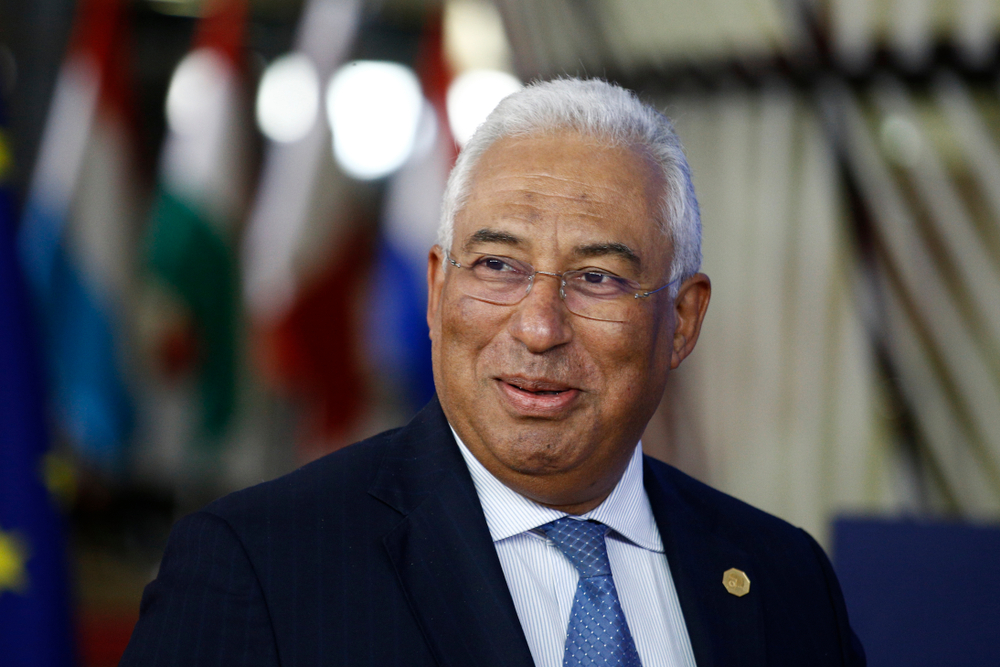Why Americans are renouncing their U.S. citizenship?

Feb 01, 2023
by Admin
In a world where U.S. citizenship has always been so highly sought-after by so many, it may seem surprising that an increasing number of U.S. citizens are renouncing their citizenship.
That is until you consider what kind of U.S. citizen is seeking a renunciation of their rights and one of the most powerful (if not the most powerful) passports on Earth.
Ask any individual (a former U.S. citizen or anyone wanting to renounce U.S. citizenship) and they may give a variety of answers. Reasons may include political or ideological concerns and necessity if they are required to do so in order to obtain citizenship of a foreign country of residence if that country does not support dual nationality.
However, they will all likely cite the main reason: TAXES
U.S. taxation is based on citizenship rather than residency
Thanks to taxation agreements and financial compliance reporting regulations with most countries around the world, the United States IRS has a global reach, and it uses that reach for maximum benefit to the U.S. Treasury and the U.S. Dollar.
America is one of only two countries worldwide – the other being Eritrea – that taxes its global, or non-resident, citizens on their global income – regardless of where the income comes from, and where they live.
With taxation based on citizenship rather than residency, U.S. citizens living abroad have always been taxed by the US as if they were still residing in the U.S. This has made choosing to live abroad – whether to retire or to get a second passport – far more expensive for US citizens than for others. It leads to double taxation in many cases or taxation on what would otherwise be tax-free income streams (including crypto).
The extra tax burdens were lessened somewhat by tax concessions for U.S. citizens already paying tax elsewhere, but never completely, and the burden has gotten heavier for U.S. taxpayers abroad in the past 12 years.
Although Americans living abroad have always been subject to U.S. taxation on their global income, the FACTA (Foreign Account Tax Compliance Act), passed in 2010, further increased the global reach of the IRS, the tax burdens on U.S. citizens, and the severity of penalties faced by both taxpayers and foreign banks and financial institutions. The penalties in particular can be extremely (some would say shockingly) severe!
How global tax compliance is prompting Americans abroad to give up their US citizenship
Under the terms of the FACTA, the U.S. IRS has the agency to take a 100% of an individual’s unreported capital in penalties – in just a couple of years. Even if they pay taxes in their adopted country of residence.
Further failure to pay taxes and penalty amounts owed can quickly lead to a situation where a technically bankrupt US citizen abroad owes an annually increasing amount of money to the IRS.
Making FACTA even more onerous are the penalties and fines faced by foreign banks who do not report accounts held by US citizens to the IRS. This has lately led to an increasing number of banks around the world refusing to open accounts for US citizens in the first place.
Many reports suggest that it is also responsible for some global financial institutions now hesitating to take on high-net-worth American clients – the former ‘dollar cash-cow class of clients becoming potential liabilities.
(A more detailed account of just how this works, including the role of the FBI in tracing foreign bank accounts, is well covered in a recent piece by Robert Wood, for Forbes Magazine)
While the tax and associated paperwork and penalties faced by U.S. citizens living abroad are not necessarily the only reason they might want to relinquish their citizenship, FATCA has made it the primary reason – and less of a choice and more of a necessity for many Americans.
The number of Americans giving up their U.S. citizenship has thus increased exponentially from 2010. However, the biggest jump has been since 2020. This is thanks to increasingly watertight and inescapable global tax reporting and compliance regulations and systems. This is also despite a 400%+ increase in exit taxes levied on high-net-worth U.S. citizens wanting to give up their passports and rights as U.S. citizens.
(In 2022, it’s also worth noting that these numbers are likely far outweighed by the number of Americans abroad who want to give up their citizenship, but cannot. This is due to Covid-related and foreign residency regulations preventing them from giving up their citizenship in person at their local U.S. consulates – ironically despite it remaining their right to do so as U.S. citizens!)
Non-resident U.S. Citizens now most likely to want to sever ties with America
This is problematic for all U.S. citizens living abroad or wanting to open a foreign bank account. However, it is even more so (and surely unfair, though the US government might not agree) on one particular category of U.S. citizens.
This is a group of individuals residing around the globe who mostly wouldn’t think of themselves as ‘Americans’: people born in the US (or born abroad to American parents) who have never been tax residents in the US. Some have never lived in the US at all – but they are still liable for US taxes.
A notable member of that group is the British Prime Minister, Boris Johnson.
Why Boris Johnson relinquished his US citizenship
Boris Johnson was born in New York, but he lonely lived there until he was 5 years old.
He is not American. Nothing American about him.
Yet, thanks to his natal U.S. citizenship, and despite paying taxes to the UK as a resident UK citizen, he remained liable for U.S. taxation on all global and UK income streams and assets. You could say he, and others like him, were born owing to the IRS.
That is until 2016 when the IRS tried to tax him on the sale of his house in the UK.
At the time, he held the role of British Foreign Secretary, but this didn’t deter the IRS one bit. Boris had reportedly threatened to give up his US citizenship some years before, after being refused entry to the US because he was traveling on his British passport instead of his US one. He didn’t go through with it at the time.
It was the significant tax grab on income the IRS had no reasonable right to that finally prompted Boris to renounce his US citizenship and relinquish his passport in 2016.
He joined over 5000 other US citizens in doing so that year. (Names and figures are of public record and can be viewed on the U.S. Treasury list.
If he hadn’t, the honorable Mr. Johnson’s status as the leader of the Western World’s only other Superpower Nation wouldn’t deter the United States IRS now either. This, perhaps more than anything else, really shines a light on the ’over-reach’ of the US government, and the impact that US tax legislation has, and will continue to have, on ordinary Americans (and ‘non-American’ US passport holders) living outside the US.
There’s no doubt that when U.S. citizenship exit regulations are relaxed post-Covid, the numbers of ‘Exiteers’ will skyrocket even further.
That is if Uncle Sam doesn’t come up with new ways to make it almost impossible for Americans and other U.S. citizens living abroad to ditch their U.S. citizenship – along with the still internationally coveted passport that has become a tax liability and a potentially major threat to financial freedom and prosperity.
About Smartindianinvestors.com
Smartindianinvestors.com has been created with the sole purpose of educating Indians that are interested in making international investments, making it the premier investment advice portal in India. We research the various international markets and keep our readers abreast of the ever-changing rules and regulations. With a focus on residency and citizenship programs, investment properties and international education, we aim to provide unbiased and transparent information. For those that are interested in finding more and getting in touch with migration companies and international developers, we can assist in making the right introductions.
Above all, we do not charge commissions or brokerage fees hence ensuring our blogs and property and investment posts are unbiased.
Subscribe to our portal for regular updates and if you have a specific query, please do not hesitate to contact us at info@smartindianinvestors.com

-400x267.jpg)
















.png)

.png)


.png)

.png)




.jpg)
.jpg)



.jpg)
.jpg)






.jpg)
.jpg)













.jpg)


.jpg)
